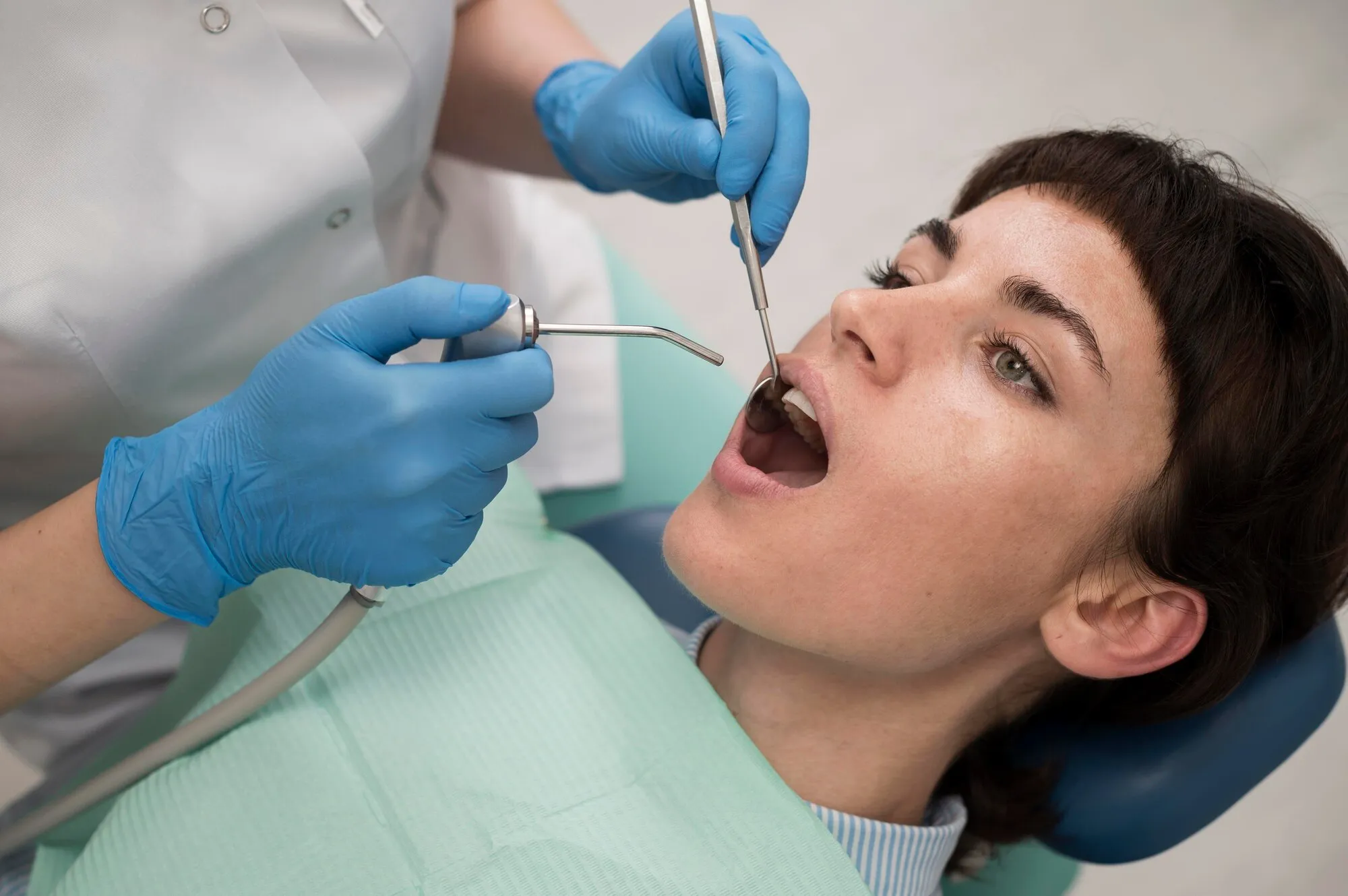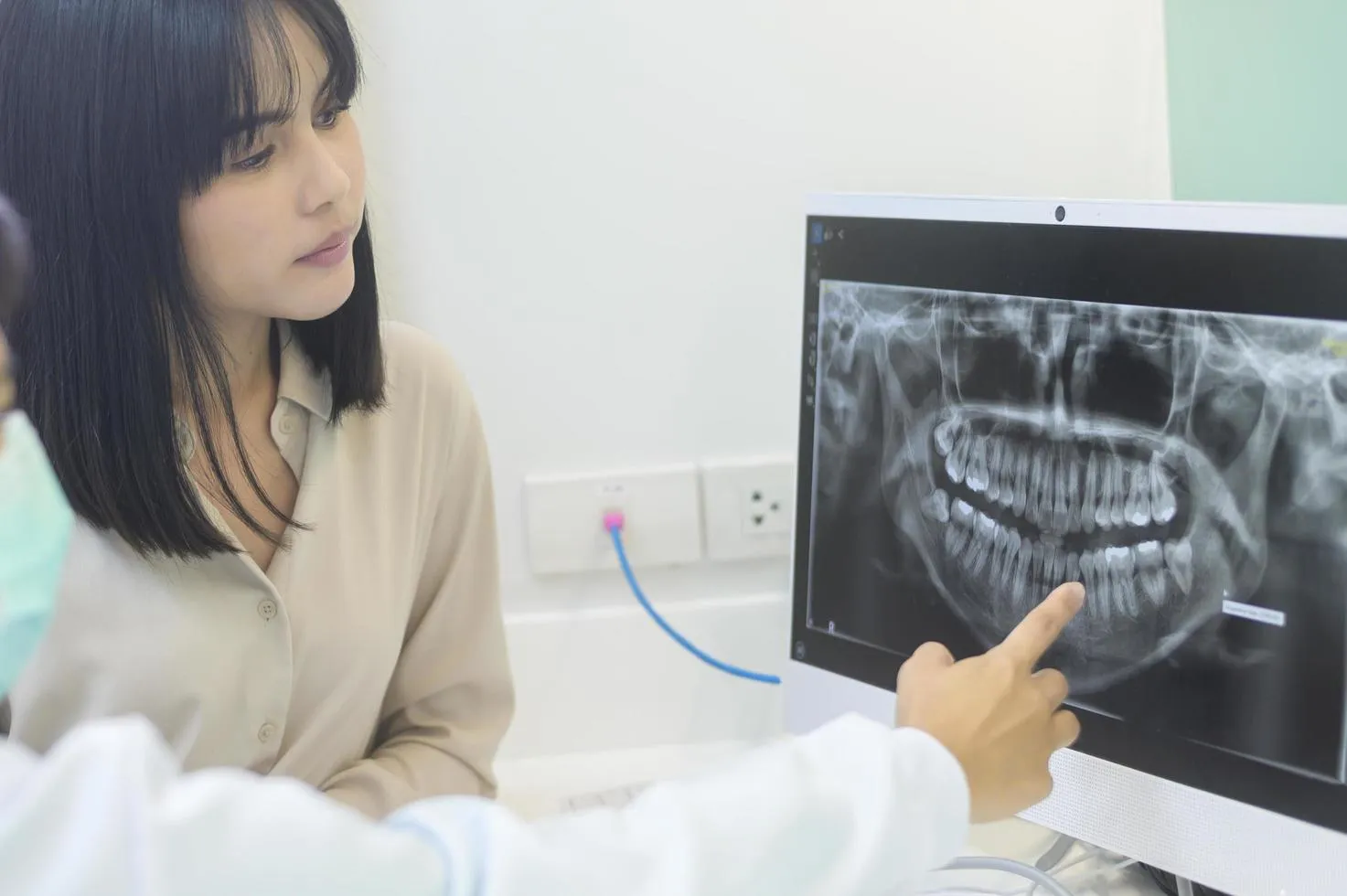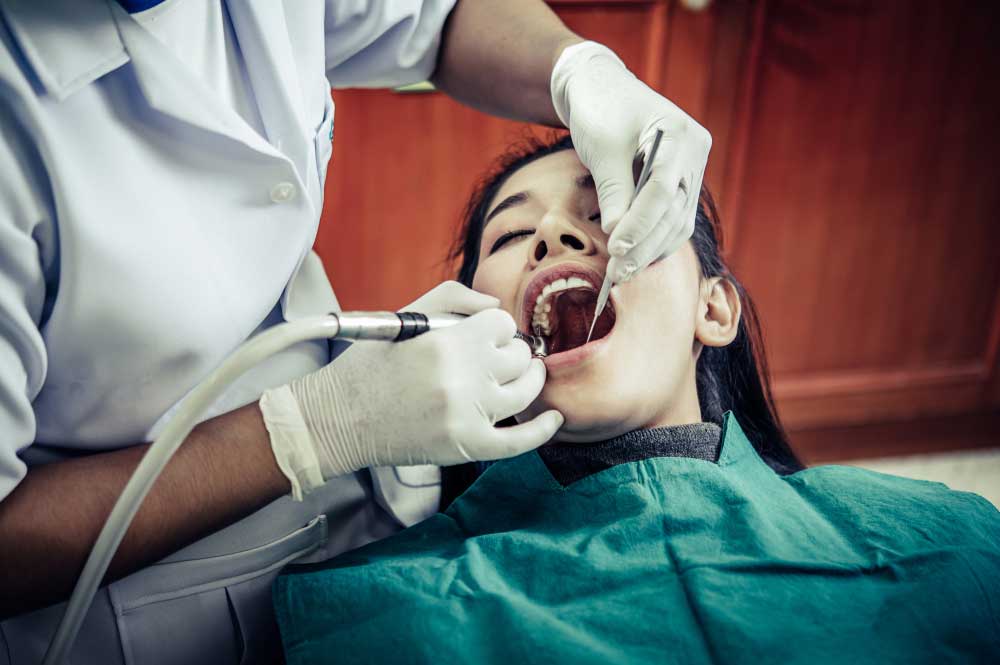Table of Contents
ToggleWisdom teeth removal is a common dental procedure that many individuals undergo during their lifetime. Whether you’re preparing for wisdom teeth extraction yourself or supporting a loved one through the process, it’s natural to have questions and concerns. In this blog, we’ll address some of the most frequently asked questions about wisdom teeth removal, providing comprehensive answers to help you feel informed and prepared for the procedure.
1. What are wisdom teeth, and why are they removed?
Wisdom teeth, also known as third molars, are the last set of molars to emerge in the back of the mouth. Due to their late eruption and limited space in the jaw, wisdom teeth often become impacted or cause problems such as crowding, misalignment, infection, or pain. Removal is often recommended to prevent these issues and preserve oral health.
2. When should wisdom teeth be removed?
The timing of wisdom teeth removal varies from person to person and depends on factors such as the development of the teeth, symptoms experienced, and the recommendation of the dentist or oral surgeon. In general, wisdom teeth are typically removed during the late teenage years or early adulthood before they cause significant problems.
3. How is the procedure performed?
Wisdom teeth removal is typically performed under local anaesthesia, IV sedation, or general anaesthesia, depending on the complexity of the case and the patient’s preferences. The dentist or oral surgeon makes an incision in the gum tissue, removes any bone blocking access to the tooth, extracts the wisdom tooth, and stitches the incision closed. The procedure usually takes about an hour to complete.
4. Is wisdom teeth removal painful?
While some discomfort and swelling are normal after wisdom teeth removal, the procedure itself is not painful due to the use of anaesthesia. Patients may experience mild to moderate discomfort in the days following surgery, which can be managed with pain medications prescribed by the dentist.
5. What is the recovery process like?
Recovery from wisdom teeth removal typically takes about a week, although individual experiences may vary. During this time, patients should rest, avoid strenuous activities, eat soft foods, and follow post-operative care instructions provided by their dentist or oral surgeon. Swelling, bruising, and mild discomfort are common during the first few days but gradually subside as the healing process progresses.
6. Are there any risks or complications associated with wisdom teeth removal?
Like any surgical procedure, wisdom teeth removal carries some risks, including infection, dry socket, nerve damage, and complications related to anaesthesia. However, these risks are relatively rare, and most patients undergo the procedure without experiencing serious complications. Following pre-operative and post-operative instructions can help minimise the risk of complications.
7. How much does wisdom teeth removal cost?
The wisdom teeth removal cost varies depending on factors such as the complexity of the procedure, the patient’s location, whether anaesthesia is required, and whether dental insurance covers the procedure. On average, wisdom teeth removal can cost anywhere from a few hundred to several thousand dollars per tooth.
8. What should I expect during the initial consultation?
During the initial consultation, the dentist or oral surgeon will evaluate the patient’s oral health, take X-rays to assess the position and alignment of the wisdom teeth, and discuss treatment options. The dentist will also review the risks, benefits, and expected outcomes of wisdom teeth removal near me and answer any questions or concerns the patient may have.
Conclusion:
Wisdom teeth removal is a common dental procedure that is often necessary to preserve oral health and prevent complications. By understanding the procedure, wisdom teeth removal recovery, risks, and wisdom teeth removal price, patients can make informed decisions and approach the process with confidence. If you have any further questions or concerns about wisdom teeth removal, don’t hesitate to consult with your dentist or oral surgeon for personalised guidance and advice.





